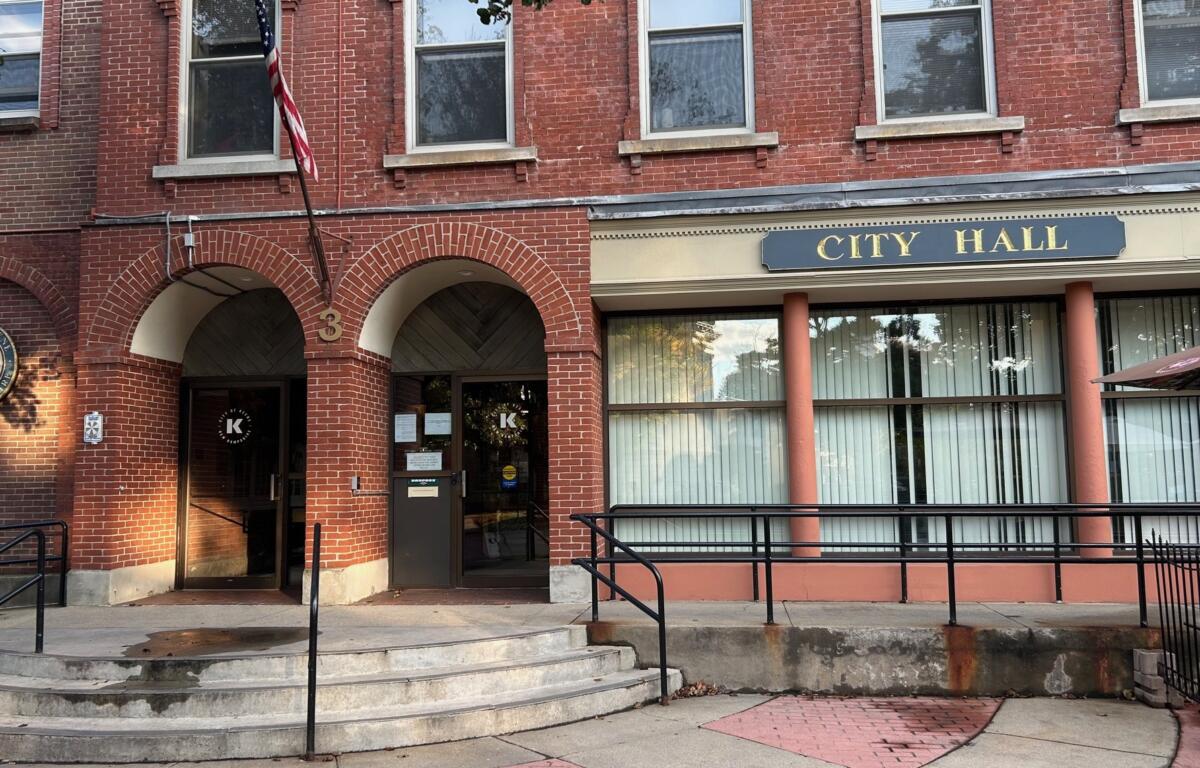The proposed budget sets the general fund—which determines the city’s property tax rate—at $53.2 million, up from the $52.4 million approved last year. To support that, about $30.3 million would be raised from property taxes, an increase of nearly $600,000 over last year.
Under the proposal, the city tax rate would rise to $13.59 per $1,000 of assessed property value. For a home assessed at $300,000, that would mean an annual city tax bill of about $4,077, up from $4,035 last year.
City Manager Elizabeth Dragon Ferland told members of the Finance, Organization and Personnel Committee at Tuesday’s meeting that wages are again the main factor driving the budget increase, with pay raises both for union employees and non-union staff. She noted that city staff made efforts to hold the tax impact to what she called a modest level.
“This budget keeps the increase modest, especially when you look at what’s happening in other communities,” Ferland said.
The proposal includes $500,000 to continue funding four firefighter positions added last year. The fire department has seen a sharp rise in emergency calls, and city officials have said more personnel are needed to meet demand. Councilors have previously backed the staffing increase, and no objections were raised during Tuesday’s meeting.
In addition to higher wage costs, the budget reflects growing expenses for shelter services, professional fees, and debt payments. At the same time, the city is benefiting from stronger revenues in several areas, including motor vehicle registrations, ambulance fees, and investment earnings.
The proposed tax rate hike of 14 cents per $1,000 amounts to a 2.06% increase, which keeps the budget $468,506 under the city’s fiscal policy limit. Rising property taxes have been a concern for residents across the region this year, as local budgets feel the impact of inflation and rising health care costs.
Councilors will continue examining the budget at another committee meeting on Thursday, with further discussions planned throughout May. A public hearing is scheduled for June 5, ahead of a final vote later that month. If approved, the budget will take effect July 1.
Ferland said she has already received positive comments from some councilors but acknowledged that concerns remain over specific items, including staffing costs. “We’re committed to listening and making adjustments where they’re needed,” she said.
Councilors began discussing outside agency funding, community events, and department spending requests during the weeks ahead.




